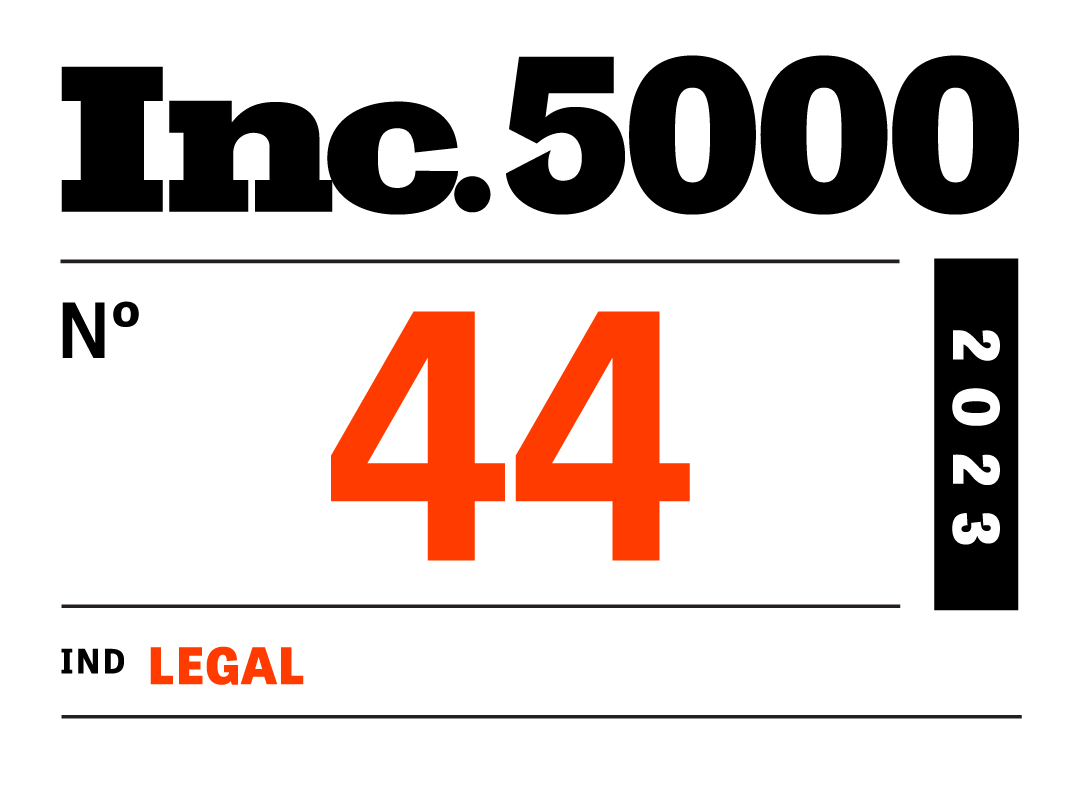Recently both the House and Senate have revealed their respective proposals for The Tax Cuts and Jobs Act (TCJA). Both proposals have similarities, but also contain significant dissimilarities which will have to be reconciled before a final proposed TCJA version can be voted on. Be aware, these proposals will see additional revisions before a final proposed TCJA will be voted on in either the House or the Senate. In fact, the House released a revised version of the proposed TCJA the week after the original release and more changes to the respective Bills will occur before they hit the House and Senate floors for a vote. Among the many provisions, a few stand out that will have a substantial impact on the financial picture of families in transition and divorce. Here are some highlights of the most impactful family law related provisions of each Bill.
Individual Tax Bracket Changes. Under the House Bill, individuals would be subject to four tax rates, instead of the current seven: 12%, 25%, 35%, and 39.6%, effective for tax years after 2017. Under the Senate Bill, individuals would continue under seven tax rates: 10%, 12%, 22.5%, 25%, 32.5%, 35%, and 38.5%.
Standard Deduction. Under the House Bill, the standard deduction would increase from $6,350 to $12,200 for single taxpayers and from $12,700 to $24,400 for married couples filing jointly, effective for tax years after 2017. Under the Senate Bill, the standard deduction would increase to $12,000 for individuals and $24,000 for married couples filing jointly. The child tax credit would increase $1,650 under the Senate Bill.
NEW Family Flexibility Credit. Under the House Bill (but not the Senate version), a new nonrefundable “family” credit of $300 would be allowed to each taxpayer (and spouse in the case of a joint return) and each dependent who is not a qualifying child (e.g., college-aged children, or even elderly parents). The $300 credit for nonchild dependents would expire after 2022.
Child Tax Credit. Under the House Bill, the child tax credit would increase from $1,000 to $1,600. The Senate version would increase the child tax credit to $1,650.
Personal Exemptions. The deduction for personal exemptions, currently at $4,050 per person, would be repealed under both the House and Senate versions.
Reversing Spousal Support Tax Treatment in House Bill. Under current tax law, spousal maintenance payments (also referred to as spousal support or alimony) are deductible to the individual paying the spousal support, and includable as taxable income to the recipient on their tax return (unless the divorce decree or separation agreement stipulated otherwise). In practice, this tax treatment often generated tax savings for a divorced couple, as the payor of the spousal maintenance (who received the deduction) was typically the higher earning spouse (in a higher tax bracket), while the spousal maintenance recipient was typically in a lower tax bracket.
The TCJA would eliminate the tax deduction for the payor, and no longer make the spousal support payments received taxable to the recipient, effectively eliminating the tax bracket arbitrage between the divorced spouse’s tax brackets.
If adopted, this change in the treatment of spousal maintenance would only apply to new spousal support agreements entered into after 2017; existing spousal support agreements and payments would not be altered, unless the couple expressly modified an existing divorce decree or separation agreement to change the treatment.
Limiting the Section 121 Exclusion on Primary Residence Capital Gains. A substantial tax preference that any household receives is the IRC Section 121 exclusion of up to $500,000 of capital gains (for married couples; up to $250,000 for individuals) on the sale of a primary residence, if the sellers owned and used the property as a primary residence for at least 2 of the last 5 years.
Under both the House and Senate versions, the Section 121 exclusion would be amended to require that the sellers owned and used the property as a primary residence in five of the eight years preceding the sale. Taxpayers could use the exclusion only once every five years.
Capital Gains Tax Thresholds. The House Bill would create three capital gains tax thresholds. Capital gains that would otherwise be taxed as ordinary income below the “15-percent rate threshold” will be taxed at 0%. Capital gains that would otherwise be taxed as ordinary income below the “20-percent rate threshold” will be taxed at 15%. Capital gains that would otherwise be taxed as ordinary income above that threshold will be taxed at a 20% rate. The 15% threshold is set at $77,200 for married taxpayers filing jointly, $38,600 for married taxpayers filing separately and single taxpayers, and $51,700 for heads of household. The 20% threshold is set at $479,000 for married taxpayers filing jointly, $239,500 for married taxpayers filing separately, $425,800 for single taxpayers, and $452,400 for heads of household. These amounts would be adjusted for inflation after 2018. The Senate Bill does not make any direct changes to the capital gains rules, however with the changed income tax rates and individual can expect to pay less taxes in practice on short-term capital gains and dividends because their ordinary income tax rate is reduced.
Estate tax. The estate tax would double immediately but would be repealed under the House version after 2023.
State and Local Taxes. The deduction for state and local income or sales tax would be eliminated under the both the House and Senate Bills, except that under the House version, income or sales tax paid in carrying out a trade or business or producing income would still be deductible. State and local property taxes would continue to be deductible under the House version, but only up to $10,000. These provisions would be effective for tax years beginning after Dec. 31, 2017.
Mortgage Interest Deductions. The mortgage interest deduction on acquisition indebtedness (new purchases) would be maintained at $1 million under the Senate Bill and under the House version, the limit on this deduction would be reduced to $500,000.
Some of the hotly contested points shaping up between the House version and the Senate version of the TCJA include: deductibility of spousal maintenane, individual tax rate structure, treatment of pass-through entity income, plans to reduce the cap on the mortgage-interest deduction, and elimination of personal exemptions. We should expect to hear arguments back and forth on the aggregate tax effect (good or bad) of these inconsistent proposals from the GOP before a final version is released for vote in both the House and Senate. Any such final version released from the final conference process is expected to incorporate significant compromises in order to attempt a reconciliation of some of these and other major differences between the two versions.
Bottom-line, stay tuned.
Sources:
Tax Foundation Staff, Preliminary Details and Analysis of the Senate’s 2017 Tax Cuts and Jobs Act, Tax Foundation Special Report, No. 240, Nov. 2017
Alistair M. Nevius, J.D., Senate Tax Reform Bill Differs From House Version in Many Ways, Journal of Accountancy, Nov. 9, 2017
Alistair M. Nevius, J.D., What the House Tax Bill Holds for Individuals, Journal of Accountancy, Nov. 3, 2017
Michael Kitces, Evaluating the Proposed Individual Tax Reforms Under the House Republican Tax Plan, The Kitces Report, Nov. 3, 2017






















